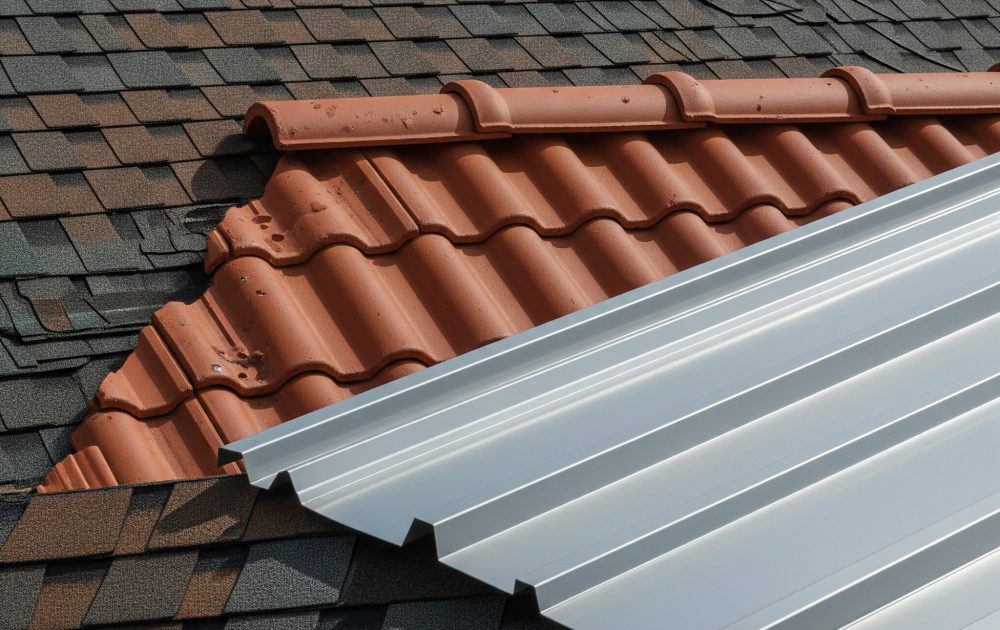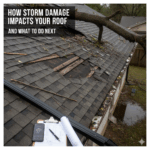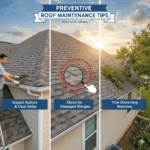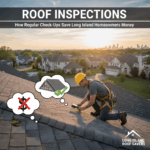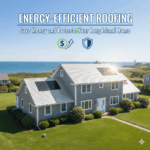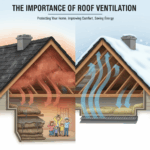Choosing the right roofing material is one of the most important decisions for commercial property owners in Long Island. With various options available—from single-ply membranes to metal and built-up roofs—each material offers unique benefits and considerations based on durability, cost, climate suitability, and maintenance requirements.
At ELED Construction, we help Long Island businesses select and install commercial roofing systems tailored to their specific needs. This guide will break down the most common commercial roofing materials, highlighting their pros and cons to assist you in making an informed choice.
Need expert advice or a free consultation? Call (631) 552 6884 or schedule a free estimate online.
1. Thermoplastic Olefin (TPO)
Overview:
TPO is a popular single-ply roofing membrane known for its energy efficiency and heat-reflective properties.
Pros:
-
Excellent UV resistance, reducing cooling costs
-
Heat-welded seams for superior waterproofing
-
Lightweight and flexible
-
Environmentally friendly and recyclable
Cons:
-
Can be susceptible to punctures if not properly maintained
-
Relatively new material with evolving long-term performance data
Ideal For:
Flat or low-slope roofs requiring energy-efficient solutions.
2. Ethylene Propylene Diene Monomer (EPDM)
Overview:
EPDM is a durable rubber roofing membrane widely used for commercial buildings.
Pros:
-
Long lifespan (20-30 years)
-
Excellent weather, ozone, and UV resistance
-
Flexible and easy to install or repair
-
Cost-effective material
Cons:
-
Black color absorbs heat, potentially increasing cooling costs (white EPDM options available)
-
Seams require adhesive or mechanical fastening, which may be vulnerable if not properly maintained
Ideal For:
Flat roofs where durability and cost-efficiency are priorities.
3. Polyvinyl Chloride (PVC)
Overview:
PVC roofing is a single-ply membrane known for its strength and chemical resistance.
Pros:
-
Highly resistant to chemicals, grease, and fire
-
Heat-welded seams provide excellent waterproofing
-
Reflective surface reduces energy costs
-
Long service life with minimal maintenance
Cons:
-
Higher initial cost compared to EPDM
-
Some environmental concerns regarding plasticizers used in manufacturing
Ideal For:
Roofing systems exposed to harsh chemicals or heavy traffic.
4. Metal Roofing
Overview:
Metal roofs include materials such as steel, aluminum, and copper, often installed in panels or shingles.
Pros:
-
Extremely durable and fire-resistant
-
Long lifespan (40+ years)
-
Reflects solar heat, improving energy efficiency
-
Lightweight and recyclable
Cons:
-
Higher upfront cost
-
Can be noisy during rain or hail without proper insulation
-
Requires professional installation to avoid leaks
Ideal For:
Commercial buildings with pitched roofs or where longevity is a priority.
5. Modified Bitumen
Overview:
Modified bitumen roofing is a built-up asphalt-based membrane enhanced with modifiers for flexibility and durability.
Pros:
-
Strong resistance to water and UV exposure
-
Can be installed with heat welding or cold adhesives
-
Good for roofs with complex shapes and penetrations
Cons:
-
Heavier than single-ply membranes
-
Installation can be labor-intensive and requires expertise
-
Periodic maintenance needed to extend lifespan
Ideal For:
Flat or low-slope roofs requiring a tough, resilient membrane.
6. Built-Up Roofing (BUR)
Overview:
BUR consists of multiple layers of bitumen and reinforcing fabrics, topped with aggregate or coatings.
Pros:
-
Proven, traditional roofing system with decades of use
-
Excellent waterproofing and durability
-
Resistant to punctures and mechanical damage
Cons:
-
Heavy and requires strong roof deck support
-
Installation is labor-intensive and time-consuming
-
Less energy-efficient without reflective coatings
Ideal For:
Large commercial roofs where durability is paramount.
Choosing the Right Commercial Roofing Material in Long Island
Each roofing material has its strengths and trade-offs. Factors to consider include:
-
Roof slope and structure
-
Budget and lifecycle costs
-
Local climate and weather exposure
-
Energy efficiency goals
-
Maintenance capacity
At ELED Construction, we assess your building’s unique requirements and recommend the best roofing system to maximize performance and value.
Schedule a Free Consultation with ELED Construction
Whether you’re planning a new roof installation or a replacement, our Long Island roofing experts are here to help. We provide honest advice, quality materials, and expert installation to keep your commercial property protected for years.
